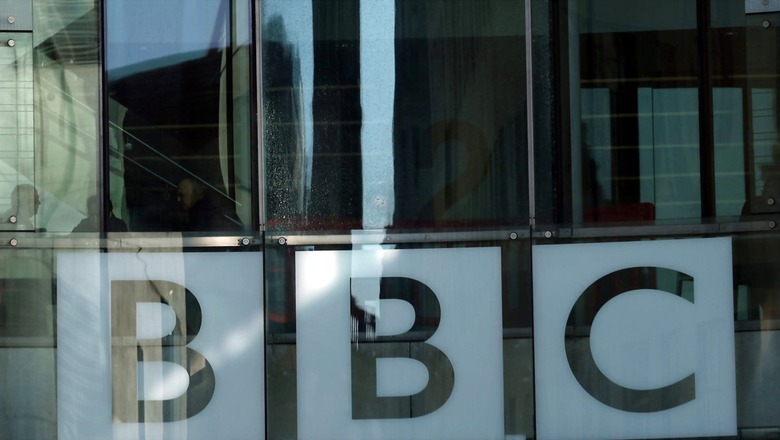
views
The BBC documentary, ‘India: The Modi Question’, exposed the vulnerability of our polity to foreign forces that are campaigning against Narendra Modi and the BJP government in power. The banning of the documentary in India by the government and preventing the social media from disseminating it was heavily criticised by the political Opposition as a suppression of the truth — despite the fact that the Supreme Court has exonerated Modi of any guilt — and a curb on freedom of expression. Some student communities defied the ban as a political protest. The documentary served to revive, as was intended, a divisive political debate in India over the Gujarat riots and rekindle the embers of a sense of victimhood in the Muslim community.
A mixture of many elements abroad are behind this campaign: A colonial mindset that still believes in the right to monitor India’s internal affairs; long-standing political biases that continue to colour views on India’s internal and external affairs; local pro-Pakistan lobbies in the UK using their electoral clout in several marginal constituencies to draw attention to Kashmir, human rights issues, etc; pro-Khalistani lobbies that benefit from political clout, collusions from elements in the bureaucracy and the intelligence agencies to further their separatist agenda.
In addition, international human rights organisations regularly target India on a variety of issues. Democracy promotion organisations use ranking nations on a democracy index to promote their “values” and create an international narrative about countries as a tool of political pressure. International foundations funded by some persons of grand fortune are also in this game because of a dislike for perceived right-wing nationalist forces in any country.
Western media such as The New York Times, The Washington Post, The Wall Street Journal, The Economist, The Financial Times, The Guardian, etc, have always been negative about India for political, security, economic, social and cultural reasons. A lot of attention is given to social and minority issues in India without empathy or understanding of the complexity of governing democratically a country as large, diverse and complex as India which constitutes one-sixth of humanity.
Regrettably, a part of the Left-oriented or politically liberal Indian diaspora in the academia and the media, with linkages to political and social activists back home affiliated to the same ideology, combine efforts to denigrate Modi, the BJP and the RSS, and foster the malign narrative about him as well as on minority issues in India, as the BBC documentary captures.
The decision of the Indian tax authorities to do an “income tax survey” of BBC’s operations in India has exposed further the deep inroads that foreign interest groups have made into our country. The entire political Opposition has attacked the government, accusing it of brazen and unapologetic vengeance to strangulate remotely critical voices, suppress those of truth, and imposing an ideological emergency. The refrain is that of a frightened government scared of criticism, heights of dictatorships, fascism, reducing democracy in the country to a shell, mocking claims that India is a “mother of democracy”, and so on.
The Editors Guild of India and the Press Club of India have condemned the government, confounding the action against BBC with an assault on the Indian press. This is questioning the legitimacy of the probe by the Income Tax Department into tax evasion practices by the BBC even before the results of the “survey” have been made public. The solidarity of the Indian press bodies with the BBC exposes the close networks forged between the foreign press and the Indian press, which also explains how the pages of our press have become so porous to Western propaganda through writings of foreign columnists, Western news agencies, the local diplomatic corps, and so on.
The argument that the BBC documentary is an attack on the Prime Minister and not on India is specious. First, no matter which government has been in power in India, the BBC has been persistently negative in its reporting on India, which suggests that the continuing bias is against India as such and not merely against a particular government in power, though changing governments can give ammunition for new forms of criticism. In a recent report on steps taken by the Assam government on child marriages, the BBC has made out a political, religious, social and humanitarian case for such marriages. Second, the democratically elected Prime Minister of a country like India represents the country; he is not in power illegitimately; his party having won the majority represents the majority public opinion. It is convenient for the Opposition elements in India to take the position that the BBC is attacking the PM, not the country, as that opens the space for them to defend the BBC and criticise the government’s action in banning the documentary.
The concern about the impact on world opinion about the government’s step to “tax survey” the BBC offices in India need not be taken too seriously. Yes, the US, UK and some sections of the European media will see this as a confirmation of the backsliding of democracy and the muzzling of press freedoms in India. These countries need to be confronted with their own steps not only to ban all Russian media but anyone who advocates dialogue and diplomacy as an approach to the Ukraine conflict is denied access to the mainstream media, dissenting voices are not given space, and if some politician, scholar or commentator says something contrary to the current narrative, he or she is condemned as a Russian stooge, Putin lover, in Russia’s payroll, etc. Even President Emmanuel Macron has had to face political abuse from Ukraine, Poland and internally in France when he spoke of engaging Moscow and taking into account its security concerns in any future solution in Ukraine. What we have done with regard to the BBC pales by comparison to what the West has done to the Russian media.
Let us also discard the mindset that conflates the “world” with the West. The rest of the world, be it Asian, West Asian, African, Latin American, some countries in Europe itself, Central Asian, would be unbothered about the tax survey of BBC operations in India. Some may actually be glad that India is putting the BBC on the mat as they too have suffered from its biased reporting. This would include Russia and China.
We should not be too concerned that with India’s G20 presidency, this kind of messaging by India would not be helpful. The fact is that the G7 countries have all taken drastic steps to muzzle the Russian media, and also placed restrictions on the Chinese media as in the case of the US, in order to protect themselves from foreign propaganda despite being the strongest proponents of press freedoms as a fundamental democratic value. They too are in the G20 and would be attending meetings in Delhi. In any case, why should they seek to protect the BBC from evading a tax probe without embarrassing themselves, especially if the tax authorities find evidence of infractions in their search of BBC offices?
The argument that India is respected in the world for its democracy and this is a long-term bond between India and the West is contestable. We have been a democracy since 1947, yet we have been sanctioned by the West for decades, the West has supported Pakistan against us and built communist China as a formidable economic power. Our being democratic did not make us eligible for any preferential treatment. Now that the US is confronting China as a rival, India’s value to the US has increased and we fit in nicely in the discourse of democracies versus autocracies.
Germany, whose press is very negative about India, has communist China as its closest economic partner. The Western press not only has given little consideration to India as a democracy in its reporting, it is actually constantly pointing to our democratic shortcomings, and doing a disservice to efforts at the government level to strengthen beneficial bilateral cooperation and understandings.
Finally, the arguments by some that the BBC criticises the UK government itself and has targeted Boris Johnson, for instance, have no relevance. Our own media freely criticises Modi and the government, even carrying abusive references to the Prime Minister. This is part of our democratic functioning. No foreign media organisation has the right to play Opposition politics in India or any third country. It does not even have the right to operate in any foreign country, as it must seek the permission of a foreign government to do so, and that permission can be withdrawn if the media organisation is unethical, interferes in local politics or constantly misreports on a country.
In democratic countries, tolerance levels may be high, but a tipping point can also be reached.
Kanwal Sibal is a former Indian Foreign Secretary. He was India’s Ambassador to Turkey, Egypt, France and Russia. The views expressed in this article are those of the author and do not represent the stand of this publication.
Read all the Latest Opinions here










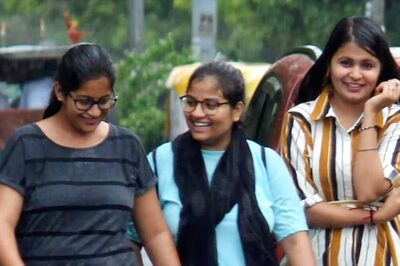
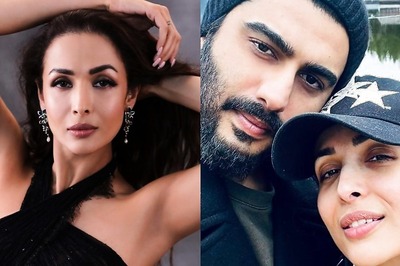

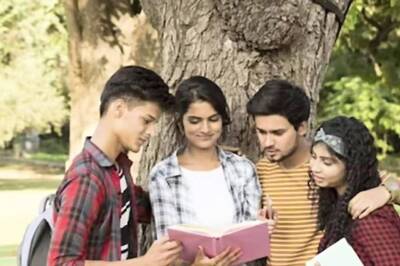

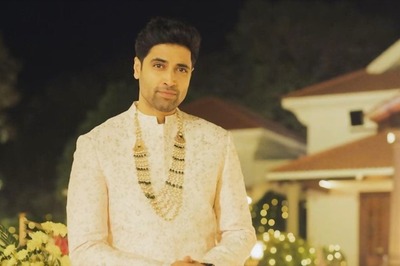

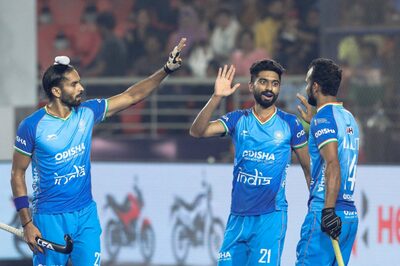


Comments
0 comment